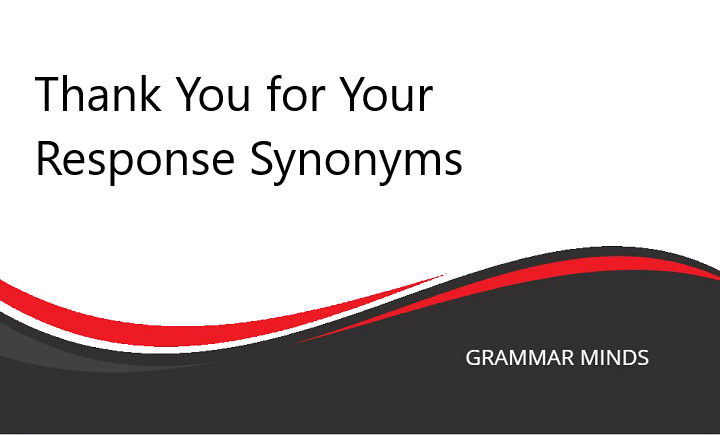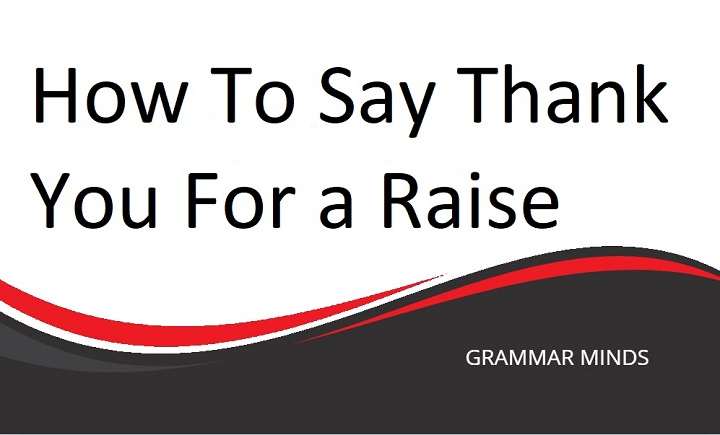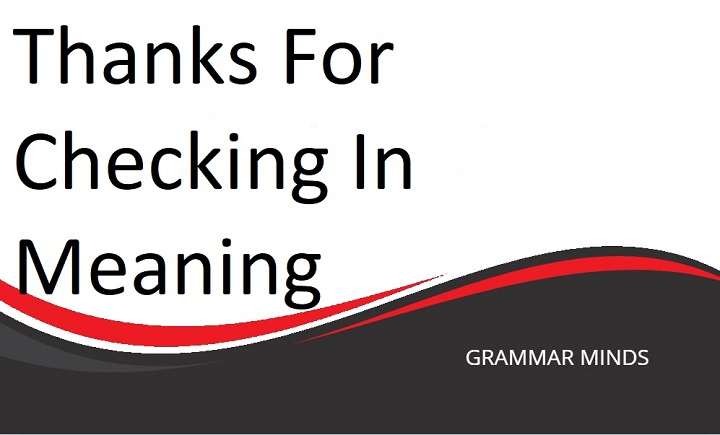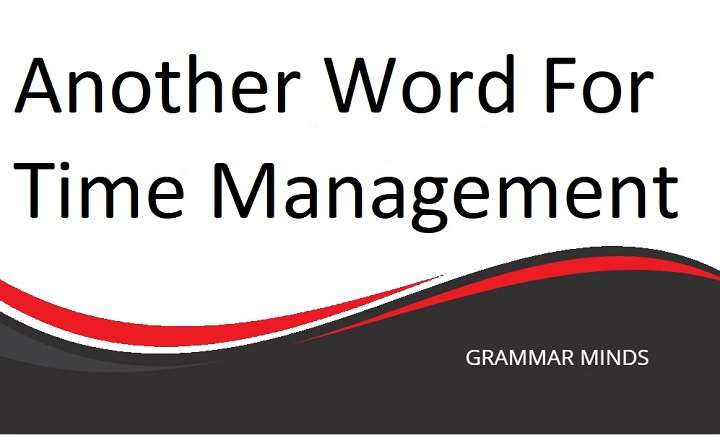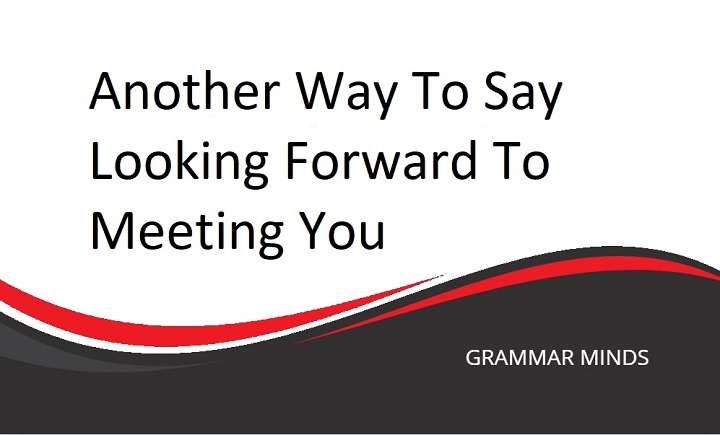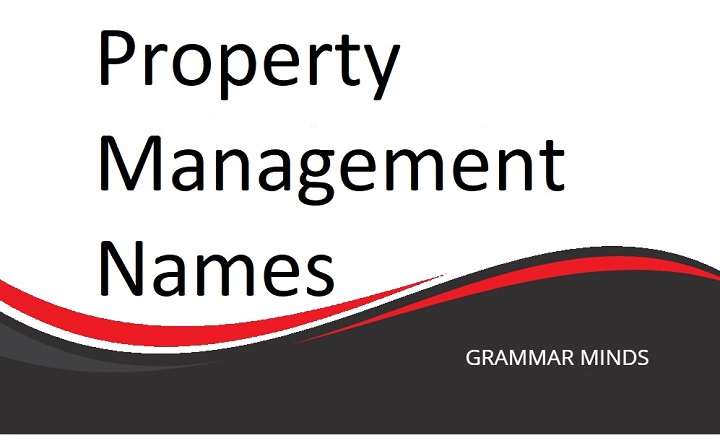Do you find yourself using the phrase “Thank you for your response” repeatedly in your professional or personal communications? Have you grown tired of this repetitive expression when emailing colleagues, clients, or even friends? While expressing gratitude is essential, it can feel a bit monotonous if you’re always using the same phrase.
Don’t worry! In this article, we’ve compiled a list of alternative phrases to help you switch things up and make your communication more engaging and varied. Whether you’re writing formal emails or engaging in casual conversations, these alternatives will ensure that you express your appreciation without sounding repetitive.
Other Ways to Say “Thank You for Your Response”
Here are some alternative ways to say “Thank you for your response,” categorized to suit different situations:
- I Appreciate Your Prompt Reply
- Thank You for Getting Back to Me
- Grateful for Your Feedback
- Thanks for the Update
- Thank You for Your Quick Response
- I Value Your Input
- Much Appreciated
- Thanks for Taking the Time to Respond
- I Am Grateful for Your Reply
- Thank You for the Information
Key Notes
While the phrase “Thank you for your response” is grammatically correct and appropriate for both formal and informal situations, it can sometimes feel a bit generic. In certain contexts, you may want to use alternatives to convey more variety in your language. For example:
- “I Appreciate Your Prompt Reply” is an excellent formal alternative for professional settings like emails or meetings.
- “Thank You for Getting Back to Me” works well in more casual but still professional conversations, such as follow-ups with colleagues.
- “Much Appreciated” is a great informal alternative that works well in emails or casual chats with people you know well.
Keep reading to discover how to use these alternatives in various formal and informal contexts, along with examples.
I Appreciate Your Prompt Reply
Usage:
If you’re looking for a more formal alternative to “Thank you for your response,” try using “I appreciate your prompt reply.” This phrase adds a touch of professionalism and is perfect for situations where a quick reply is expected or has been given. It is particularly useful in work emails or other formal communications where you need to express appreciation promptly and respectfully.
Example (in an email):
Dear Mr. Johnson,
Thank you for your assistance with the project details. I appreciate your prompt reply and look forward to collaborating further.
Best regards,
[Your Name]
This phrase is often used in professional settings where time is of the essence, making it especially appropriate when someone has responded swiftly to your inquiry or request.
Thank You for Getting Back to Me
Usage:
A slightly less formal alternative to “Thank you for your response” is “Thank you for getting back to me.” This phrase is friendly, casual, and works well in less formal email exchanges, like those with coworkers or clients with whom you have an ongoing relationship.
Example (in conversation or casual email):
Hi Sarah,
Thanks for getting back to me about the schedule. I really appreciate it and will move forward accordingly.
Best,
[Your Name]
This phrase is best suited for conversations where a response was expected but not urgent, and you want to express appreciation without sounding too formal.
Grateful for Your Feedback
Usage:
Another more formal phrase, “Grateful for your feedback” can be used when someone has provided you with input or suggestions. It’s a great option for thanking someone after they’ve taken the time to review or comment on your work.
Example (in an email):
Dear Ms. Lee,
Thank you for reviewing the draft proposal. I am grateful for your feedback and will make the necessary revisions.
Best regards,
[Your Name]
This phrase fits well in professional settings, particularly when someone has taken the time to offer thoughtful feedback on your work.
Thanks for the Update
Usage:
For more informal communication, especially when someone has provided you with new information, you can use “Thanks for the update.” This phrase is concise, casual, and ideal for emails with coworkers or team members.
Example (in an email):
Hey Alex,
Thanks for the update on the project timeline. Let me know if there are any other changes.
Cheers,
[Your Name]
This phrase works well when someone provides timely information or progress updates, particularly in fast-paced work environments.
Thank You for Your Quick Response
Usage:
When someone has responded quickly, “Thank you for your quick response” is a more specific alternative to “Thank you for your response.” This is an excellent option for formal or semi-formal communications.
Example (in an email):
Dear Mr. Thompson,
Thank you for your quick response to my inquiry. Your clarification has been very helpful.
Best regards,
[Your Name]
This phrase is often used in both business and personal communication to acknowledge that the recipient responded in a timely manner.
I Value Your Input
Usage:
For a more formal and appreciative tone, “I value your input” is a great choice. This phrase expresses deep gratitude and is well-suited for situations where someone’s opinion or feedback is especially important.
Example (in an email):
Dear Dr. Roberts,
Thank you for your insights on the research findings. I truly value your input and look forward to incorporating your suggestions.
Best regards,
[Your Name]
This phrase is ideal for professional or academic contexts where someone’s opinion is of high value to your work.
Much Appreciated
Usage:
If you want to keep things short and informal, “Much appreciated” is a perfect option. This phrase works well in casual conversations or emails where you want to express quick gratitude without sounding too formal.
Example (in conversation):
Hey Mark,
Thanks for picking up the slack on the report. Much appreciated!
This phrase can be used in both written and spoken language, especially in informal contexts among friends, colleagues, or family members.
Thanks for Taking the Time to Respond
Usage:
This phrase, “Thanks for taking the time to respond,” is a thoughtful way to acknowledge that the person made an effort to reply, especially if the response took longer or required significant thought.
Example (in an email):
Hi Jane,
Thanks for taking the time to respond to my questions about the project. Your insights are extremely helpful.
Best,
[Your Name]
This phrase shows respect for the other person’s time and effort, making it a good choice for both professional and personal communication.
I Am Grateful for Your Reply
Usage:
If you’re looking for a more formal alternative, “I am grateful for your reply” is a polite and sincere way to express appreciation, often used in professional settings.
Example (in an email):
Dear Mr. Davis,
I am grateful for your reply and the additional information you provided. I look forward to our continued collaboration.
Sincerely,
[Your Name]
This phrase is suitable for more formal interactions, particularly when you want to maintain a respectful and professional tone.
Thank You for the Information
Usage:
Finally, “Thank you for the information” is a simple but effective way to show appreciation, particularly when someone has provided you with helpful details.
Example (in an email):
Hi Emma,
Thank you for the information on the new process. I’ll review it and get back to you with any questions.
Best,
[Your Name]
This phrase is often used when someone shares critical information, making it versatile for both formal and informal communication.
Is It Correct to Say “Thank You for Your Response”?
Yes! “Thank you for your response” is grammatically correct and suitable for both formal and informal settings. It’s a versatile phrase that can be used in professional emails, conversations with colleagues, or casual chats with friends.
That being said, using synonyms like the ones we’ve listed above will help you mix up your language and sound more varied in your communication.
You can also try slight variations of this phrase, like the following:
- Thanks for your feedback
- Thank you for your prompt reply
- I appreciate your response
Also Read:
Synonyms for “Sorry to Hear”: 10 Alternatives for Better Communication
In conclusion, “Thank you for your response” is a perfectly acceptable and grammatically correct phrase for both formal and informal settings. However, using some of the alternative phrases provided in this article can help you diversify your vocabulary and communicate more effectively in different contexts. Whether you’re writing a formal email or chatting with a friend, mixing up your language will ensure that you keep your communication fresh and engaging.

